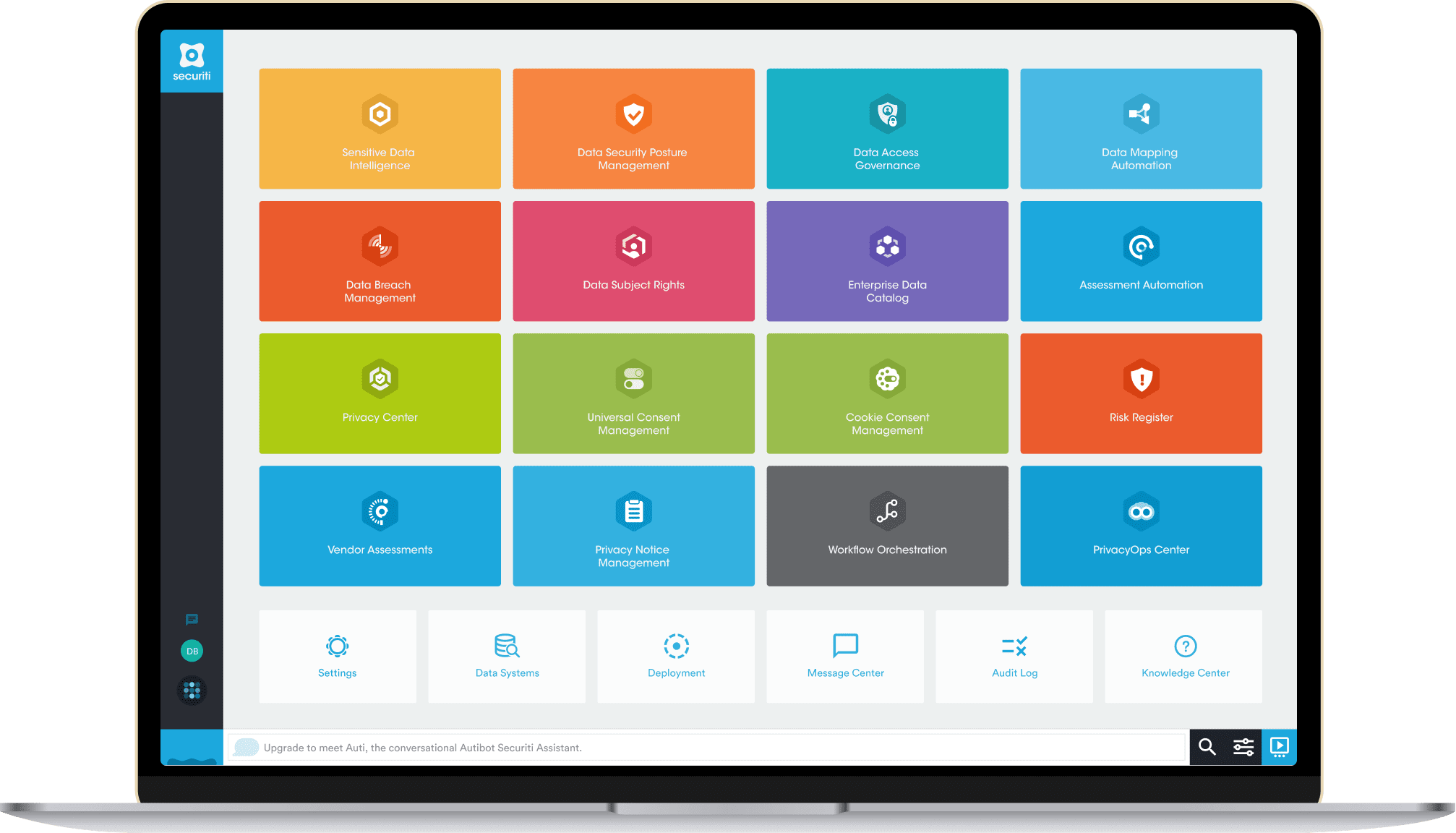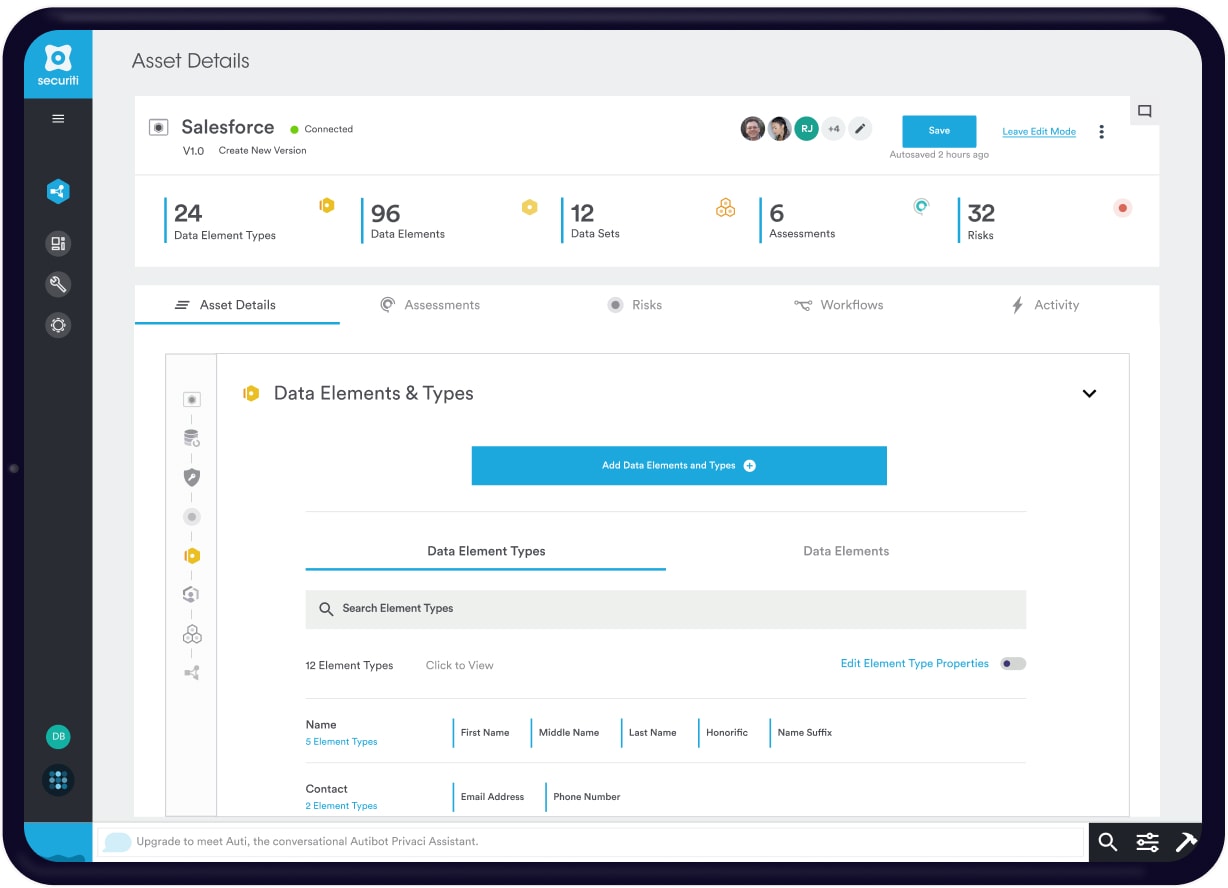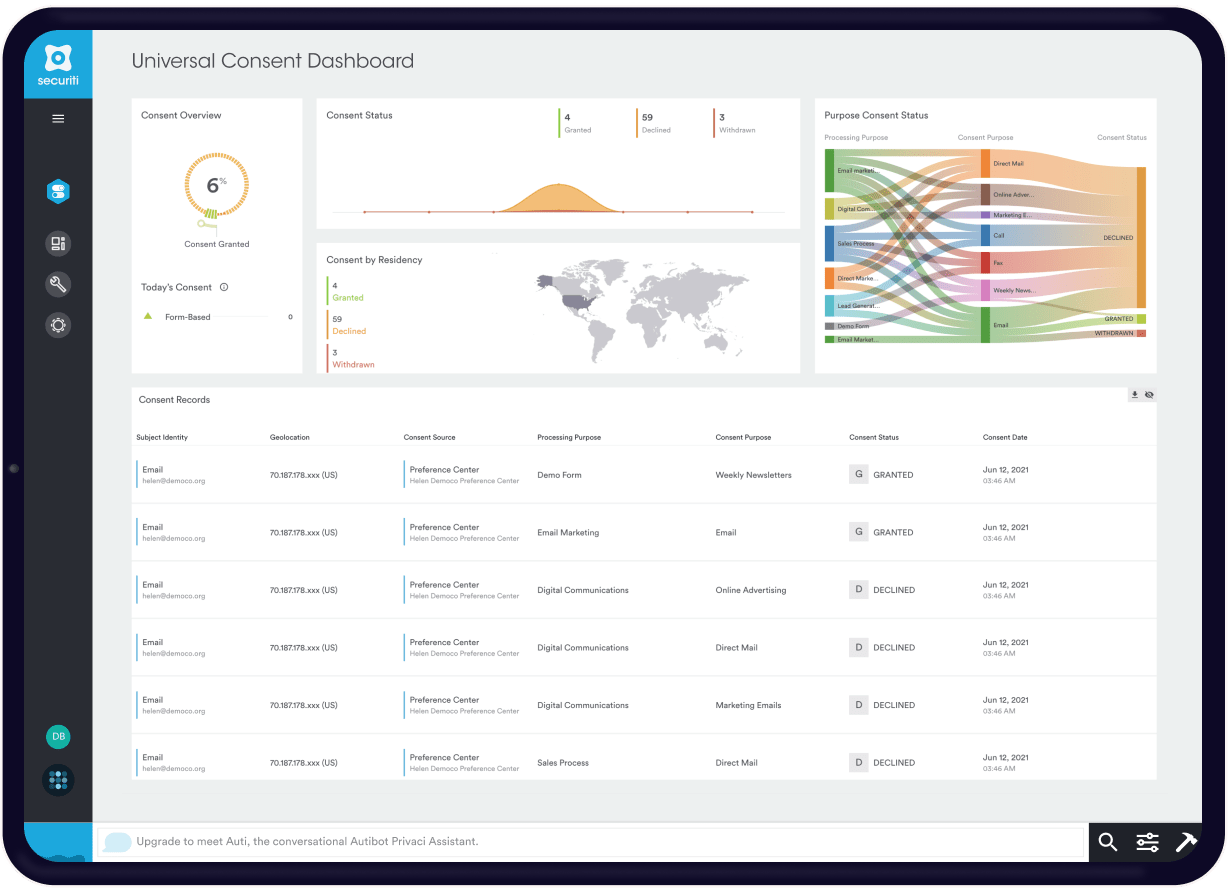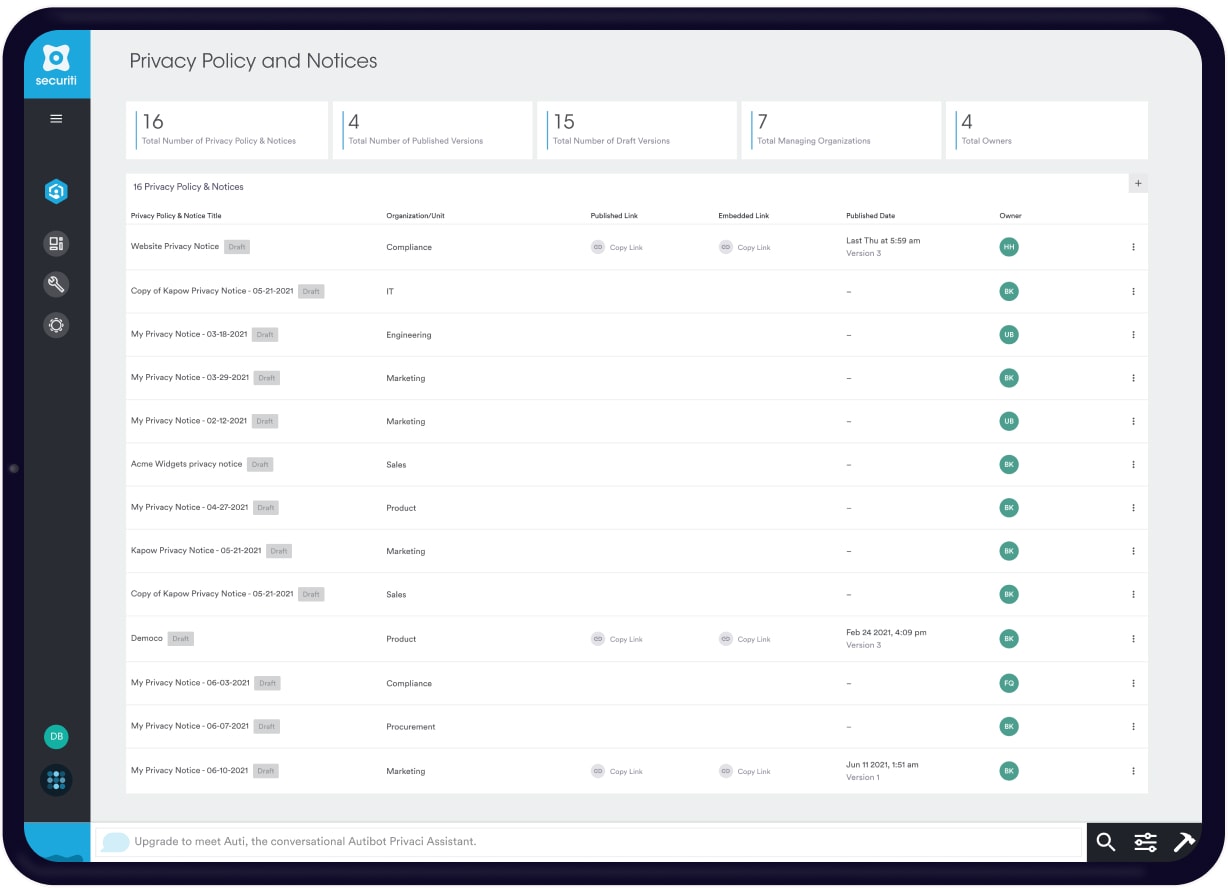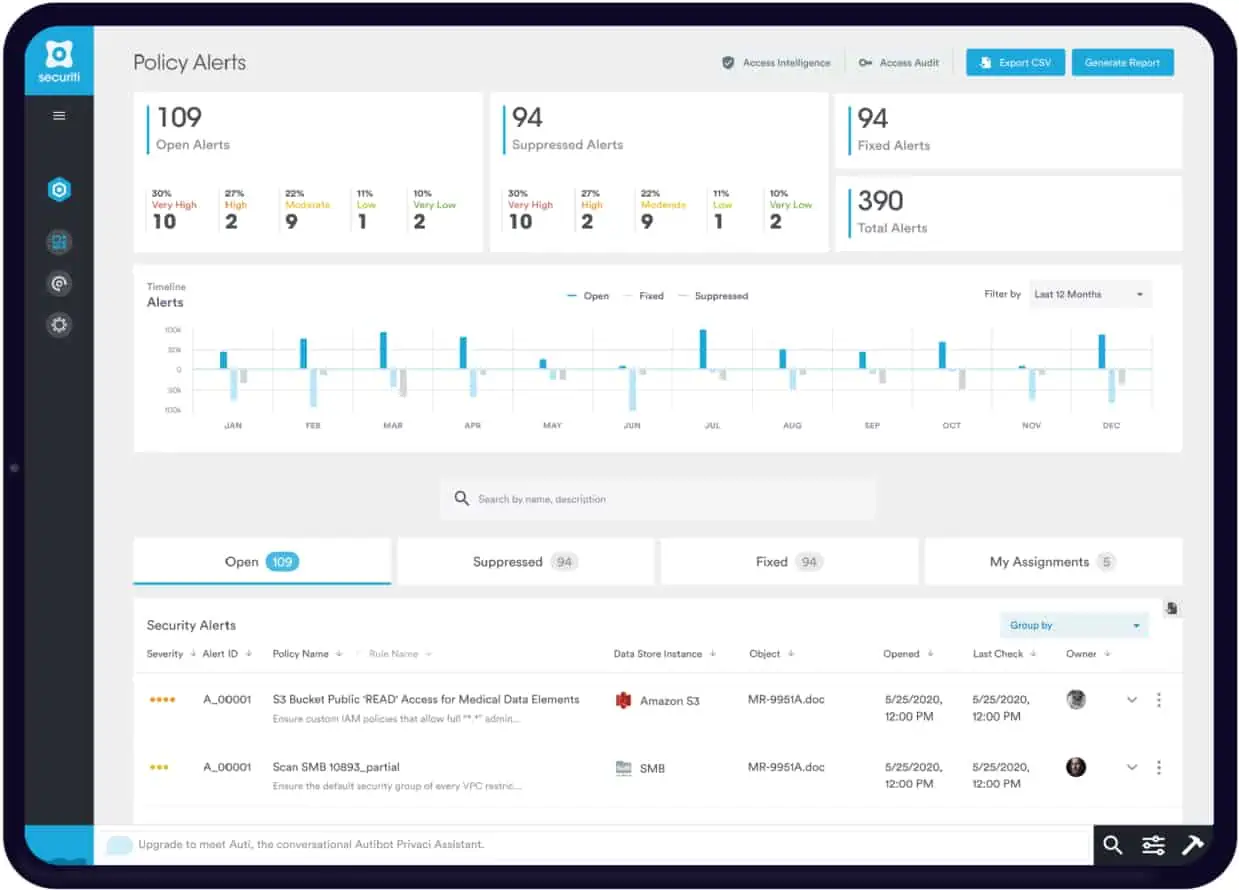The EU Digital Markets Act (DMA) is part of the EU Digital Services Package that aims to create a safer online space along with the EU Digital Services Act (DSA). The DMA aims to ensure a contestable, fair, and competitive digital market and to ban unfair business practices by large online platforms.
The DMA regulates designated gatekeeper organizations that provide core platform services (CPS) in at least three member states of the EU. Core platform services that can fall under the scope of the DMA includes online intermediation services, online search engines, online social networking services, video-sharing platform services, number-independent interpersonal communications services, operating systems, web browsers, virtual assistants, cloud computing services, and online advertising services.
For an organization to come under the scope of the Act, it must meet one of the following thresholds:
- It has an annual EEA turnover equal to or above EUR 7.5 billion in the last three financial years, or the equivalent fair market value of the undertaking to which it belongs amounts to at least EUR 75 billion in the last financial years and provides a CPS in at least three member states.
- It has more than 45 million monthly active end users established or located in the EU and more than 10,000 yearly active business users established in the EU in the last financial year.
The DMA was published in the Official Journal of the European Union on 12 October 2022. It enters into force on 1 November 2022, and the notification process by which the European Commission designates companies as “gatekeepers” under the Act starts six months later, i.e., on 1 May 2023. Once an organization has received notification by the European Commission that it has been designated as a gatekeeper, it will have six months to comply with the requirements of the DMA at the latest by 6 March 2024.
All designated gatekeepers must comply with DMA's list of dos and don'ts. The DMA is one of the first measures to thoroughly restrict the power of the biggest internet businesses as gatekeepers.
Once put into effect, it will create a set of requirements for chosen gatekeepers and enforce penalties, including fines of up to 10% of the global turnover, in the event of non-compliance.

